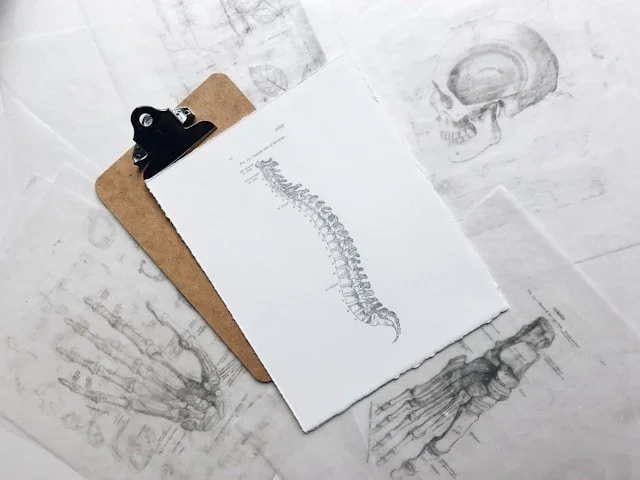
Florian Hockenholz
Pain therapy
In my work, I combine evidence-based pain therapy, functional training therapy and medical yoga to create a holistic therapeutic approach. I have been passing on my knowledge to colleagues in the field of therapy at universities and in training and further education courses for over 25 years.
Pain therapy
100% e-learning
If you don't have the time to complete a face-to-face course at a training institute, or if you don't enjoy sitting in front of your laptop at fixed times and following Zoom seminars for hours on end, then our distance learning course in pain therapy is the ideal solution for you.
You can complete all seven parts of the course flexibly and completely as e-learning - 100% independent of time and place, without any exams or time pressure. You determine your own learning pace and can work through the content at your own pace.
In this course, there is no prescribed interaction, no assignments to submit, no patient examples to work on and no mid-term exams. You have the freedom to move through the course step by step and completely independently.
Period: You have a total of two years to complete the seven modules.
Chapter structure: Each chapter is designed so that you can complete it in 20-30 minutes.
Flexibility: Whether between two patient appointments, after work, in the doctor's waiting room or on the go - you can study anytime and anywhere.
In this way, you will receive in-depth training in pain therapy that can be seamlessly integrated into your everyday life - without pressure, but with maximum flexibility.
Contents
E-learning Pain physiology, limbic system, phantom pain, nocebo & placebo, role of pain medication & social aspects
E-learning connective tissue physiology, "Anatomy Trains," passive vs. active forms of therapy, fascia and tendon disorders, disc problems, osteoarthritis, rheumatism
E-learning Vegetative systematics, visceral differential diagnostics, CRPS, neurogenic pain, functional complaints (e.g., digestion, heart, migraine)
E-learning Complex pain therapy: strategies such as graded activity/graded exposure/pacing, documentation, ICF, dealing with fibromyalgia, long COVID, endometriosis, etc.
Hands-on e-learning: fascial therapy, manual examination and treatment (compression syndromes, vegetative-visceral regulation)
E-learning course on active pain management: fascia yoga, exercises for the nervous system, Pilates, exercise therapy, etc.
E-learning pain therapy in neurology, oncology, and geriatrics (available from May 1, 2026)
E-learning psychosomatics: depression, anxiety disorders, addiction, meditation/breathing techniques, regulation of the mind and body
E-learning psychosomatics: group concepts, mindfulness, meditation, breathwork, and exercises for 1:1 therapy (available from April 1, 2026)
E-learning Integration of all modules into an applicable overall concept for everyday practice (available from July 1, 2026)

